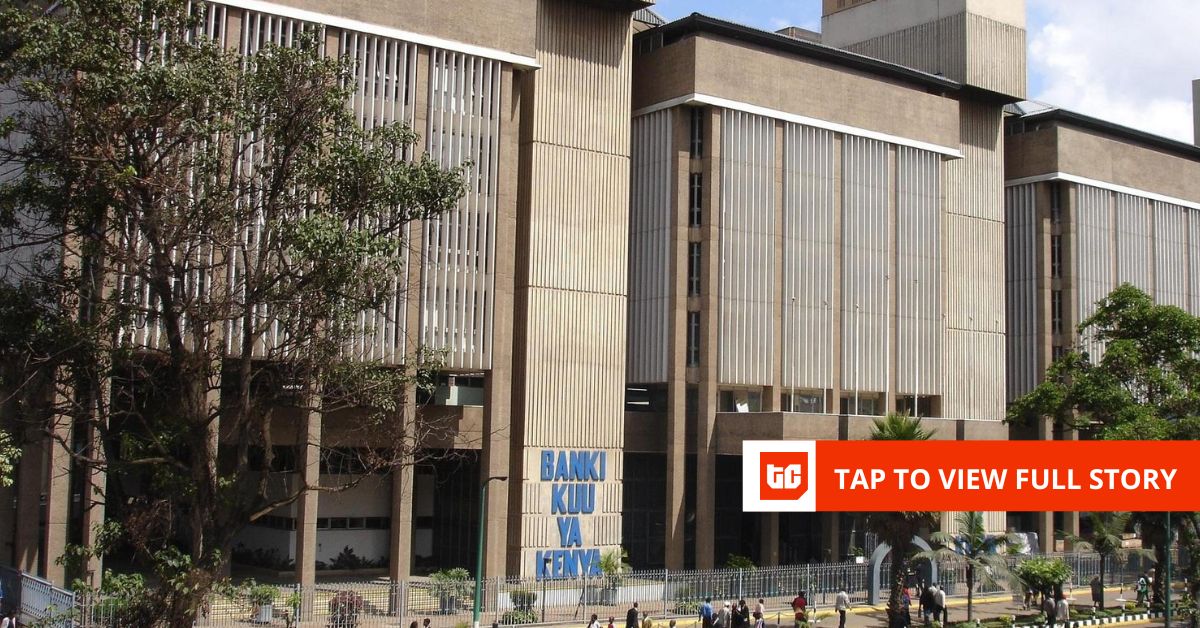Access Bank Kenya and ABC Bank top the list of commercial banks risking penalties from the Central Bank of Kenya (CBK) for raising lending rates despite warnings from regulators to align loan pricing with benchmark rate cuts.
The two banks recorded the steepest average interest rates among the five commercial lenders that increased interest rates in March. According to CBK data, Access Bank raised its weighted average lending rate to 20.5% in March, up from 20.39% in February, while ABC raised its rate to 17.54% from 17.42%. DIB Bank followed with an increase to 17.07% from 16.58%, Kingdom Bank to 14.42% from 14.28%, and Guardian Bank to 13.94% from 13.68%.
The rate increases place the banks in breach of the CBK directive. In February, the regulator warned that it would begin imposing daily penalties from June on banks that fail to adjust credit pricing in line with the central bank’s benchmark rate cuts. Since August 2024, the CBK has steadily lowered its policy rate, most recently trimming it in April from 10.75% to 10%.
Access Bank, ABC, DIB, Kingdom, and Guardian Bank did not immediately respond to requests for comments.
According to Kenya’s Banking Act, the CBK can impose fines of KES 20 million ($154,619) or three times the monetary gain on banks that fail to comply with industry regulations. Lenders also face a daily penalty of KES 100,000 ($773) per violation, while bank officials may be fined up to KES 1 million ($7,730).
Other commercial banks, including KCB Group, Equity Group, Cooperative Bank, I&M, NCBA, and DTB, have cut interest rates by one to four percentage points.
The CBK launched on-site inspections in February following growing frustration over banks’ resistance to adjusting credit pricing despite successive rate cuts. Governor Kamau Thugge said in April that the regulator had completed inspections of 13 out of 38 licensed banks and would finish all reviews by the end of June.
“We will soon start having discussions with the boards of institutions with complete inspections. Following that, decisions would be made as to what kind of penalties, if any, that will be brought on board,” Thugge said.
Since August 2024, the regulator has held multiple meetings with bank CEO and boards to urge them to pass monetary benefits to borrowers.
“All we are asking is for banks to be fair and to act in the same way that they were quick to raise lending rates when the policy rate was increasing and the treasury rates were increasing,” Thugge said in December.
CBK is also scrapping the risk-based credit pricing model in favour of pegging lending rates to its benchmark policy rate, which it hopes would improve the transmission of monetary policy decisions to borrowers and push for transparency in a market that has been criticised for opacity.
However, the Kenyan Bankers Association (KBA) has rejected the proposal by the CBK to use the Central Bank Rate (CBR) as the benchmark for pricing credit, paired with a lending premium known as “K”. Instead, they are backing the interbank rate— the rate at which banks lend to one another—as a more market-sensitive benchmark.











